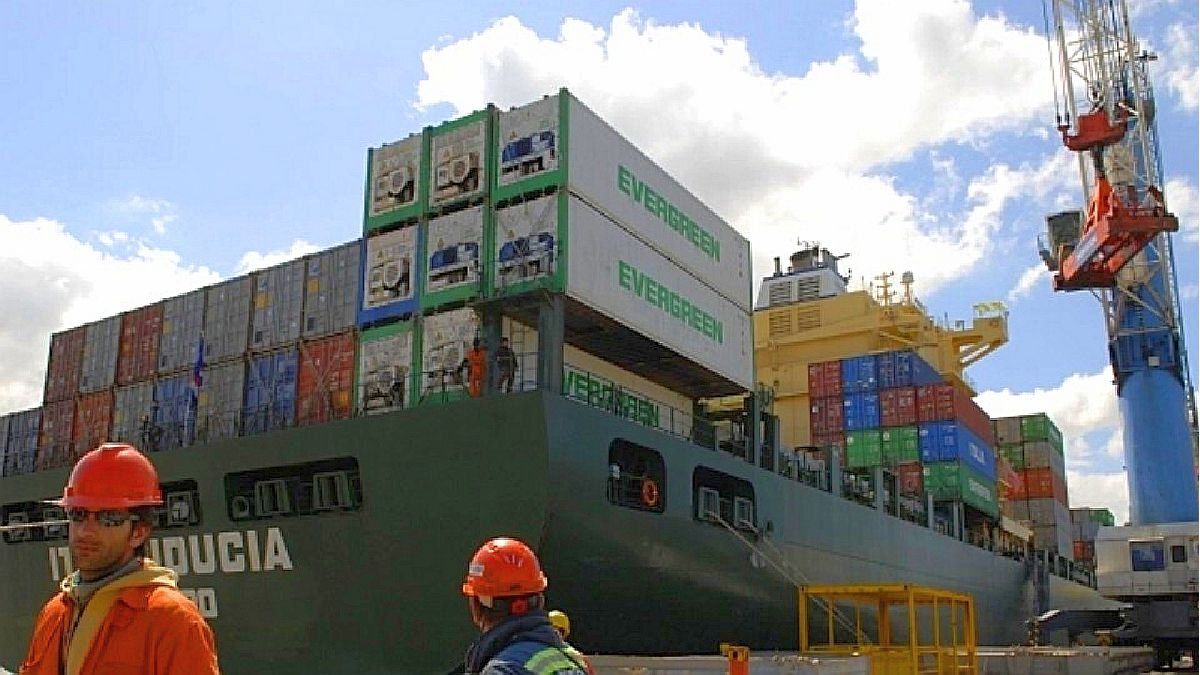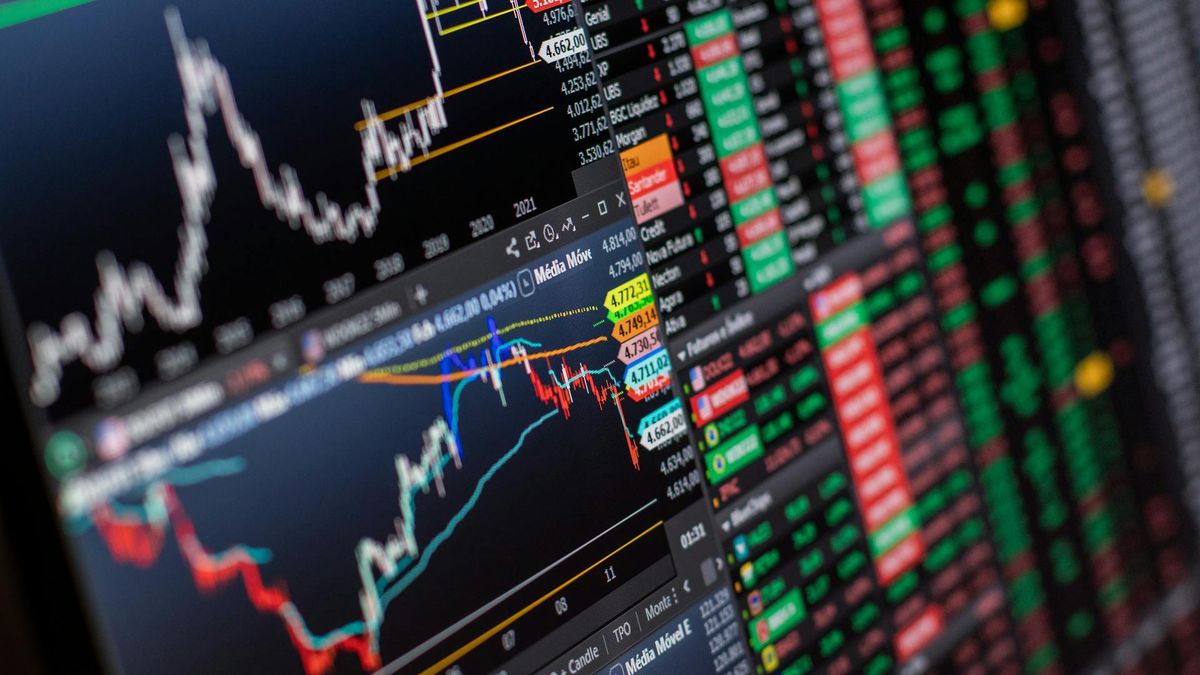Massa also promised greater facilities to import before mass consumption entrepreneurs, in a private meeting last week. As this newspaper learned, the technical work is carried out by the AFIP systems area, in charge of Carlos Castagneto, together with Customs, Economy, Central Bank, Industry and Foreign Trade. These days they are finishing incorporating dates and names and other data on companies, licenses and tariff positions.
This new system seeks to order the information on imports, given the “lack of coordination” that existed in the different State agenciesadmit official sources, and at the same time facilitate access to this information to the private sector to attend to claims of where a key import could have been blocked.
In any case, they clarify, having greater traceability of the Simis It will not imply, in principle, changing the steps that companies have to comply with in order to be able to import. The first step is in the AFIP, where you have to pass the CEF (financial economic capacity system), where they verify that the operations carried out are adjusted to the economic capacity. Then, the request is made to the Ministry of Commerce (which recovered the functions of Foreign Trade) for approval of the licenses (the automatic ones come out in 24 hours, the non-automatic ones should do it in 60 days). Finally, it is the turn of the Central Bank, in which the dollars are authorized, according to the type of license and the quota of foreign currency that the company has left.
Although in Economy they admit that in the aggregate these measures do not change the record amount of imports, which in the bulk are explained by the unprecedented prices of energy, they do so because “every dollar counts”, and those that exist “must be used for production”. In fact, a businessman from a food company told Massa in private: “The yachts entered with automatic licenses and there are problems with supplies for the food industry.”
The new system to give “traceability” to import orders comes after new measures applied by Massa. The economic capacity of the AFIP was also taken into account for imports of services (previously it was only for goods), 34 licenses became non-automatic (as in yachts or airplanes, where they were automatic) and the admission regime was modified temporary.
In explaining why these measures are applied now and not before, when the exchange rate gap also exceeded 100% and promoted all kinds of maneuvers, in Economy they did not want to blame: “I do not think that the officials have not noticed, but the coordination that Massa’s team has today was not like that before”, they commented.
As this newspaper was able to find out, the measure in which the AFIP is now working had already been considered since before Massa’s landing. “You found out about everything that came in and you didn’t know who had authorized it, whether it was a government agency, a precautionary one, or a request from someone specific,” said an official source. With imports under scrutiny, especially after the denounced “import festival” of Vice President Cristina Kirchner, there were monthly meetings between Economy, Productive Development, AFIP and the Central Bank.
There were conflicting claims there: AFIP was questioned how “with 1,000 dollars of capital, a company asked to import 1 million dollars.” In the Central Bank they criticized Production for the entry of luxury goods, which answered that the licenses were automatic, and that instead it was Miguel Pesce’s entity that ended up granting the dollars, at $100. “It was discussed, but since it was an atomized economic team, nobody settled the discussions”they told Ámbito.
Source: Ambito
David William is a talented author who has made a name for himself in the world of writing. He is a professional author who writes on a wide range of topics, from general interest to opinion news. David is currently working as a writer at 24 hours worlds where he brings his unique perspective and in-depth research to his articles, making them both informative and engaging.




